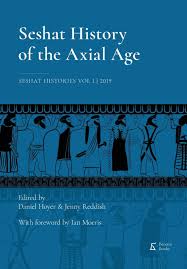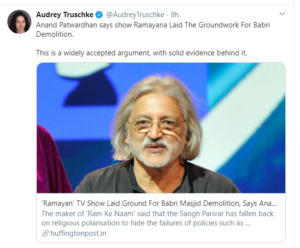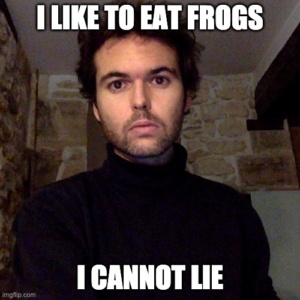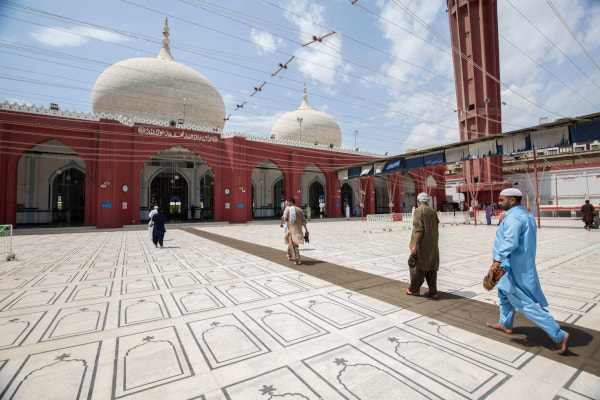 Thinking about the Harsh Gupta podcast and what “civilization” is. What is this identity? how does it form and cohere?
Thinking about the Harsh Gupta podcast and what “civilization” is. What is this identity? how does it form and cohere?
In The Clash of Civilizations and the Remaking of World Order Samuel Huntington emphasizes religion. This makes total sense to a person from South Asia. Religion has become the major fault-line in the Indian subcontinent. But is it justified? I think it is. The ecologist-turned-quantitative-historian Peter Turchin has suggested that “higher religion” is a “meta-ethnic” identity. That is, an identity that transcends tribe, ethnicity, and race.
Contrary to what racial nationalists like to think, historically race has not been a major cleavage. Fair-skinned Frankish Crusaders intermarried extensively with the Christian Armenian nobility of the Near East when they arrived. No matter that genetically Armenians are very similar to peoples of the northern Levant.
These bonds are abstract and higher-order. They are not visceral and concrete. Aside from the most extreme goat-beards growing up in the United States as a Muslim of South Asian origin we never saw Muslims of other ethnicities outside of religious festivals. Arab contempt for non-Arabs was palpable. Persian superiority toward non-Persians was palpable. Rather, it was common to socialize across religious divisions for people of the same regional-ethnic background. And yet if you pinned my father down he would aver that his ultimate loyalty was to the co-religionists of different nationalities with whom he literally never broke bread.
Similarly, Indian Americans have a soft spot for Tulsi Gabbard, because she is a Hindu.
But East Asian society is different. Religion and religious identity has never been at the center of those societies. The insights from one culture are not generalizable to another.



 Another BP Podcast is up. You can listen on
Another BP Podcast is up. You can listen on 

